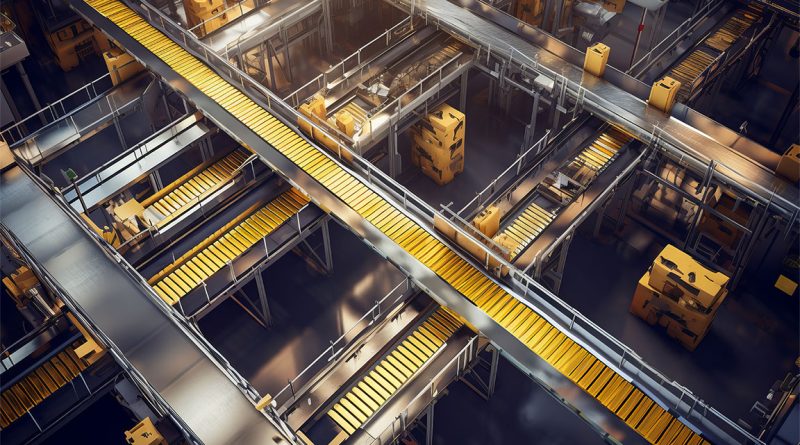Ryan Petersen’s Vision: Transforming Logistics with a Human-Tech Partnership
Supply Chain Automation and Flexport’s Role
The realm of logistics and supply chain management has been revolutionized by the advent of automation. At the heart of this transformation is Flexport, a company that has emerged as a trailblazer in integrating digital tools into shipping logistics. Founded by Ryan Petersen, Flexport has carved a niche in the logistics industry by leveraging technology to streamline processes. Petersen, a visionary in the field, has consistently emphasized the power of digital solutions in reshaping the supply chain landscape. He states, “Bringing digital tools to the shipping business isn’t just about efficiency; it’s about redefining how we think about moving goods globally.”
The Evolution of Digital Tools in Logistics
Flexport’s journey from a start-up to a key player in logistics is a testament to the transformative power of digital innovation. The company has been at the forefront of employing advanced software and data analytics to optimize shipping operations. However, Petersen acknowledges the balance between technology and traditional methods. He points out, “While we push for digitalization, we recognize the irreplaceable value of human judgment. Sometimes, picking up the phone is just as important as rolling out new technology.”
Challenges and Limitations of AI in Supply Chain Management
Despite the strides made in automation, there are inherent challenges and limitations, as noted by Petersen. He cautions, “Artificial intelligence and machine learning are powerful, but they can’t solve every problem in logistics.” This statement underlines the complexity of supply chain management, where unpredictable variables and human nuances often require a level of decision-making that AI has yet to achieve. Flexport’s approach has been to use AI as a tool complemented by human expertise, especially in scenarios demanding critical thinking and flexibility.
Future Trends and Predictions in Supply Chain Automation
Looking to the future, Petersen is optimistic yet pragmatic about the role of automation in logistics. He envisions a landscape where technology and human expertise coexist and strengthen each other. “The future of supply chain automation lies in the synergy between cutting-edge technology and human insight,” Petersen predicts. This perspective is particularly relevant in an industry where the unexpected is the norm, and the ability to adapt quickly is crucial for success.
The Symbiotic Relationship between Technology and Human Expertise
The narrative of supply chain management is being rewritten by the harmonious integration of technology and human skills. Ryan Petersen’s insights and Flexport’s journey illuminate the path forward—a path characterized by the symbiotic relationship between digital tools and human judgment. As the industry evolves, this balance will undoubtedly be the cornerstone of successful supply chain management.
